The Thar is a region of rolling sand dunes, plains and hills, lying across two countries and four states of the South Asian subcontinent. This vast arid land, now considered one of the harshest climates in the world, was once home to the great civilizations of Mohen jo Daro and Harappa.

rank out of 114 districts in Pakistan

population suffering from multi-dimensional poverty

mean years of schooling, for males

mean years of schooling, for females
Thar (short for Tharparkar), also known as the Great Indian Desert, covers over two hundred thousand square kilometers of land and derives its name from its very own sand ridges, or thul in the local vernacular. Its expansive surface area extends from southeastern Sindh and southern Punjab in Pakistan over the Indian states of Rajasthan, Gujarat, Haryana and Punjab. The Thar is bordered on the east by the Aravalli Mountain Range, on the west by the River Indus plain and the great salt marsh, the Rann of Kutch, on the south. The northern border is less defined, with some scholars naming the Punjab plain as its fourth wall.
The desert boasts some of the largest sand dunes in the world. And, these too, are not static. The unique characteristic of Thari sand dunes is their constant rolling motion. While rolling sand dunes occur in many parts of the world, these are always active. The Thar’s extreme winds are a major reason causing this perpetual motion. Against the backdrop of the stationary Aravalli Mountain Range to the desert’s east, these mountainous moving sand dunes add to the visual appeal of the landscape.
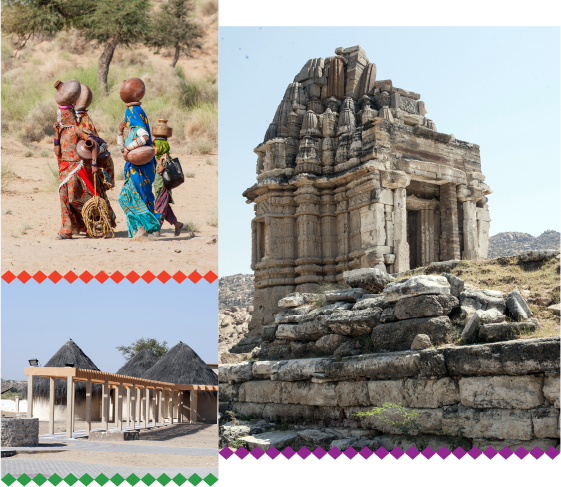
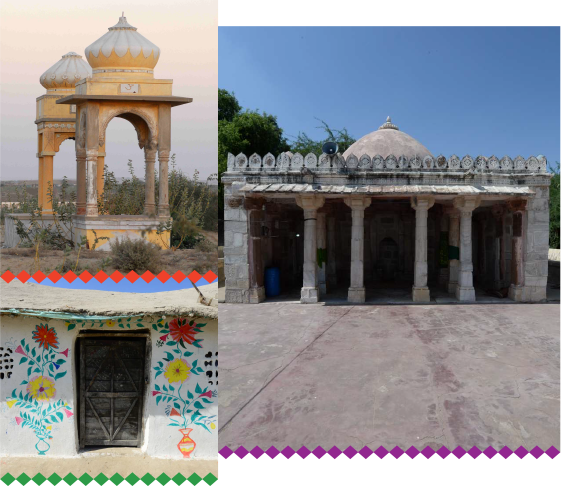
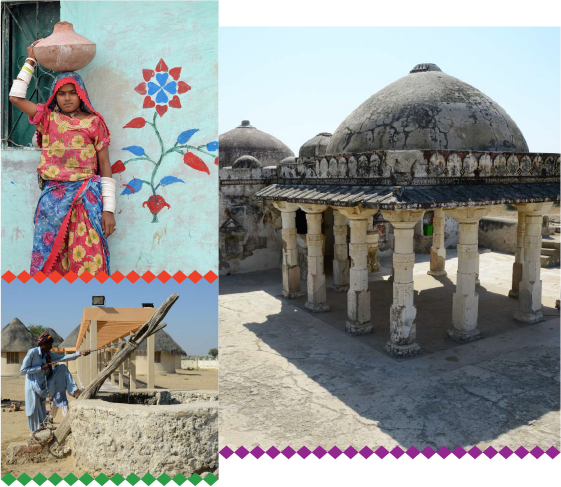
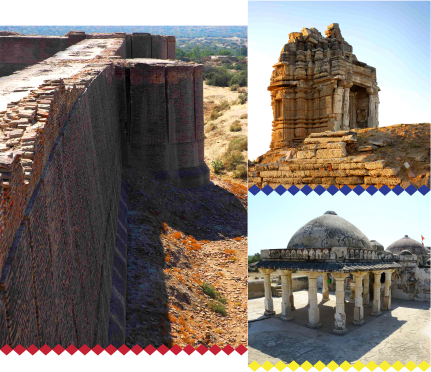
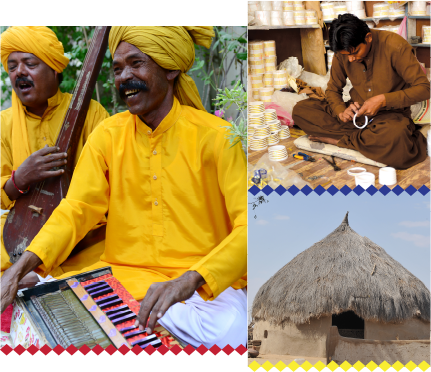
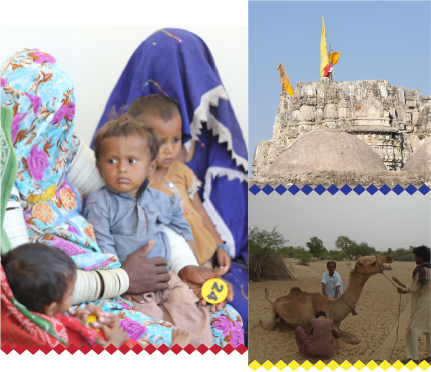
Currently, it ranks 109th out of 114 districts in Pakistan on the Human Development Index with approximately 87% of the population suffering from multi-dimensional poverty. Education which is to be a basic right of every individual on the planet is decried to the residents of Tharparkar with mean years of schooling standing as low as 3.8 years and 0.7 years for males and females respectively. Other necessities such as health coverage; immunization and availability of fresh clean drinking water also remains abysmally low, with the inhabitants of Thar living at least 100 years behind the major metropolis of Pakistan.
But while life remains difficult in this desert land, its people remain resilient and passionate; hopeful of an era where education, health and basic amenities will abound in every village; every town and every household of Thar.
We, at Thar Foundation, too believe in the potential of Thar and are resolute in our determination to help mother Thar evolve into a region of progress, prosperity and eternal sunshine.
Thar Foundation has been established with a mission to unlocking human potential and delivering change in high impact areas.
We believe in equality of all lives and together without partners aim to improve lives for thousands, if not millions, of individuals living in poor socio-economic conditions in Tharparkar. We view ourselves as catalysts of human development and retain individuals and issues at the heart of our philosophy of executing meaningful change.
Through a robust implementation strategy which we have developed in collaboration with both local and global partners, we are focused on delivering impact on areas of greatest need, through ways we can do most good. By employing graduated and sustainable interventions under the United Nation’s Sustainable Development Goals framework we seek to make Islamkot – the seat of our humanitarian interventions – the first SDG -compliant tehsil in Pakistan by 2024 – six years ahead of the global timeline.
We are focused on the brining the SDG Agenda to the fore in all our interventions. Singularly motivated by the framework we have proactively adopted these Global Goals as our guiding compass to execute systemic change in Tharparkar. From zero hunger to no poverty to provision of education and healthcare, our initiatives are designed to improve quality of human life in a sustainable manner.
Since these goals are a universal call-to-action to end poverty, protect the planet and ensure that all people enjoy peace and prosperity, the Thar Foundation has adopted these Global Goals with a vision to uplift the communities in Thar and usher in a new era of peace and prosperity. By adopting the SDG Framework, the Thar Foundation has divided these 17 Global Goals into three key categories:
These goals will be met by all Thar Foundation interventions, which are designed to eradicate multidimensional poverty in Islamkot and its surroundings through a public-private partnership model, comprising:

End poverty in all its forms everywhere

Reduce inequality within and among countries

Strengthen the means of implementation and revitalize the global partnership for sustainable development.
These goals while not directly and holistically relevant to the scope of Thar Foundation’s implementation ambit continue to remain a focus for our advocacy efforts through support of relevant organizations.

Conserve and sustainably use the oceans, seas and marine resources for sustainable development.

Promote peaceful and inclusive societies for sustainable development, provide access to justice for all and build effective, accountable and inclusive institutions at all levels.
Prioritized goals under the SDG framework are the Thar Foundation’s focus as compliance to these goals will ultimately lead the Foundation to its final goal - end poverty for the people of Thar, protect the people of Thar and bring peace and prosperity into the region. As part of our prioritized goals, Thar Foundation will be focusing on the following areas:
The board follows strict governance and meets regularly and is responsible for setting up the strategic direction for Thar Foundation.

Director

Secretary Finance
Global Operating System

Director

Director
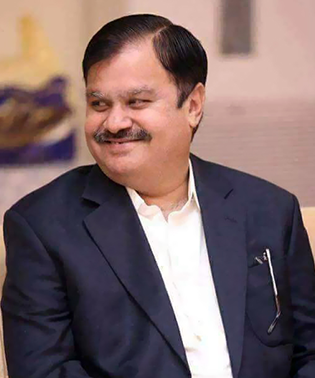

Director

Director
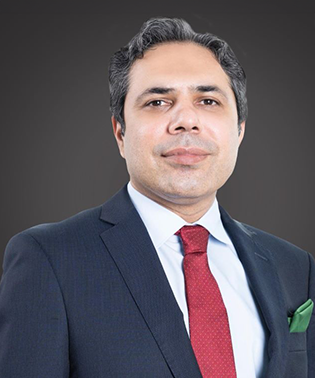

Director

Director
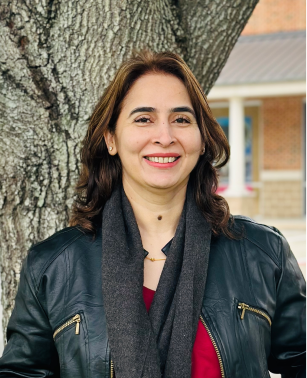

Director
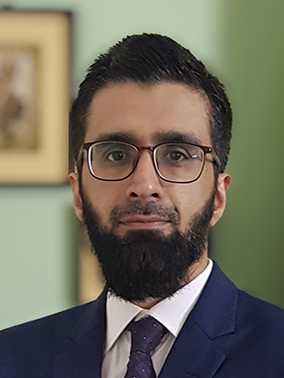

Director
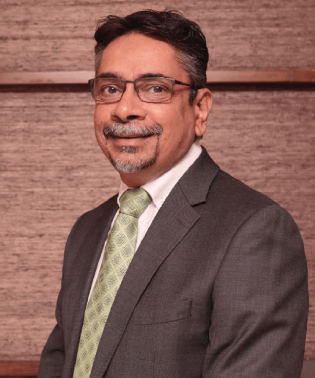

Director
